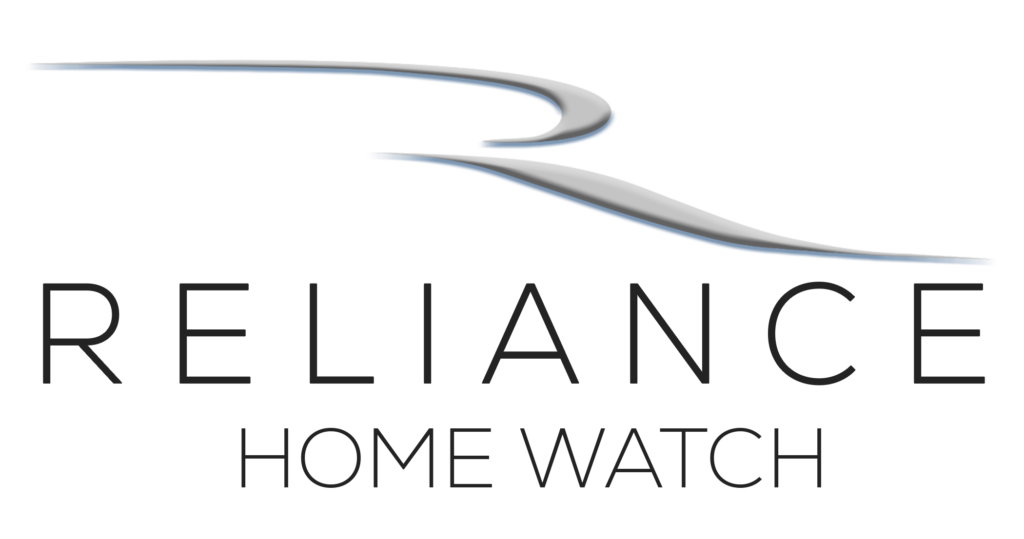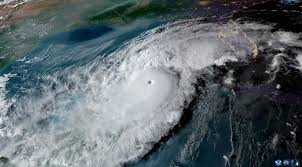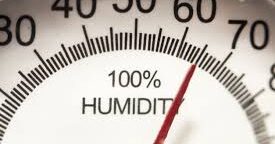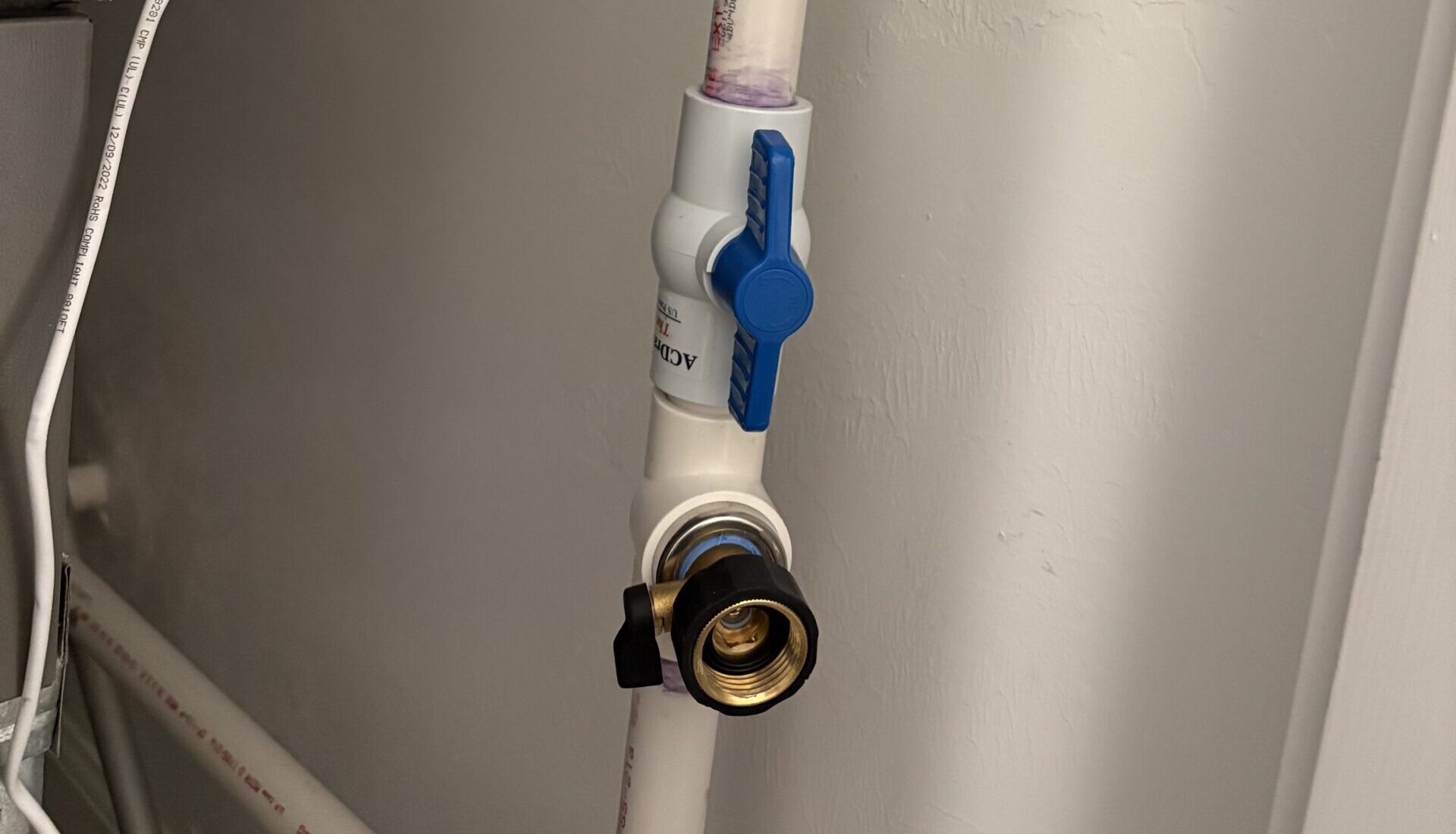In the aftermath of Hurricane Milton, Florida homeowners face the daunting task of repairing their homes. Unfortunately, this is when scam contractors often strike, taking advantage of vulnerable residents. Protecting yourself from these scams is crucial. Here’s a step-by-step guide to help you hire trustworthy professionals.
Step 1: Verify Contractor Credentials
Start by ensuring that the contractor you hire is licensed and insured. Florida residents can verify this through several methods:
Online Verification – Florida Department of Business and Professional Regulation (DBPR) Website: Visit www.myfloridalicense.com to check a contractor’s license by name, license number, or city.
Results: You’ll find the contractor’s name, profession, address, and license status.
Mobile App – DBPR Mobile App: Download from iTunes or Google Play. Use the “Verify License By Name” or “Verify License By License Number” feature.
Phone Verification – Call the DBPR Customer Contact Center at (850) 487-1395.
County Resources
For county-specific tools like Collier County’s Business License Lookup, visit their website at www.colliergov.net.
Step 2: Watch for Common Scams
Disaster recovery is prime time for scams. Here’s what to look out for:
- Unsolicited Offers: Be wary of contractors who show up uninvited, especially those offering door-to-door services.
- High-Pressure Sales Tactics: Scammers often push you to sign a contract immediately for a “limited-time discount.”
- Demand for Full Upfront Payment: Legitimate contractors won’t ask for the full payment upfront. Always pay in stages as work progresses.
- Cash-Only Payments: Avoid contractors who insist on cash or untraceable payments like wire transfers.
- Lack of Licensing or Insurance: If they can’t provide proof, it’s a red flag.
- Vague or Incomplete Contracts: Never sign a contract that isn’t detailed in writing.
- Handling Insurance Claims: Be cautious if a contractor offers to “manage” your insurance claim or asks you to sign over your insurance check.
- Low Bids or Leftover Materials: Offers that seem too good to be true often are. Be cautious of contractors who offer suspiciously low bids or say they have “leftover materials.”
- No Business Address: A legitimate contractor should have a verifiable business address.
- Refusal to Pull Permits: Reputable contractors handle permit processes. If they ask you to pull permits, it’s a bad sign.
Step 3: Protect Yourself with Contracts and Payment Plans
Once you’ve found a licensed contractor, make sure everything is clearly outlined in writing:
- Written Contract: Ensure the contract details the scope of work, materials, timeline, and cost.
Never Sign Over Insurance Funds: Keep control of payments and never sign over your insurance check. - Payment Plans: Avoid paying large amounts upfront. Instead, negotiate a payment schedule based on the completion of specific milestones.
- Traceable Payments: Always pay by credit card or check, not cash or wire transfers.
Step 4: Stay Vigilant Against Charity and FEMA Scams
Scammers also pose as charity workers or FEMA representatives. Here’s how to avoid falling victim:
- Charity Scams: Verify charities through the Better Business Bureau or Charity Navigator before donating.
FEMA Impersonators: FEMA does not charge fees for assistance applications. Any official from FEMA will have proper identification, and you can apply for help at DisasterAssistance.gov.
Step 5: Report Suspicious Activity
If you encounter a suspicious contractor or suspect price gouging, report it to the Florida Attorney General’s Office:
Download the No Scam App.
Call the No Scam Hotline at 1-866-9NO-SCAM (1-866-966-7226).
What to Do If a Contractor Refuses to Show ID
If a contractor refuses to provide identification or proof of licensing:
- Insist on Documentation: A legitimate contractor will provide proper identification and proof of licensing.
Verify Their License: Use the DBPR’s online portal, mobile app, or call (850) 487-1395 to confirm their license. - Don’t Proceed Without Proof: If they refuse to provide proof, report the incident to consumer protection authorities.
By following these steps, Florida homeowners can protect themselves from scams and hire trusted professionals to restore their homes after Hurricane Milton. Remember—if something seems too good to be true, it probably is.




